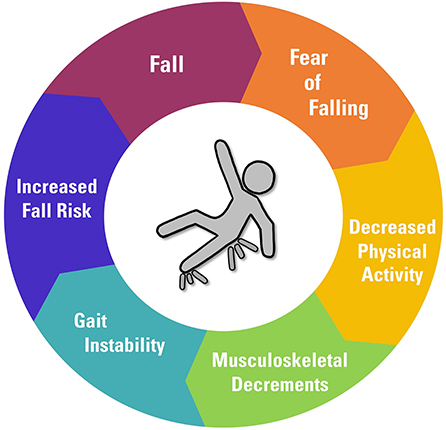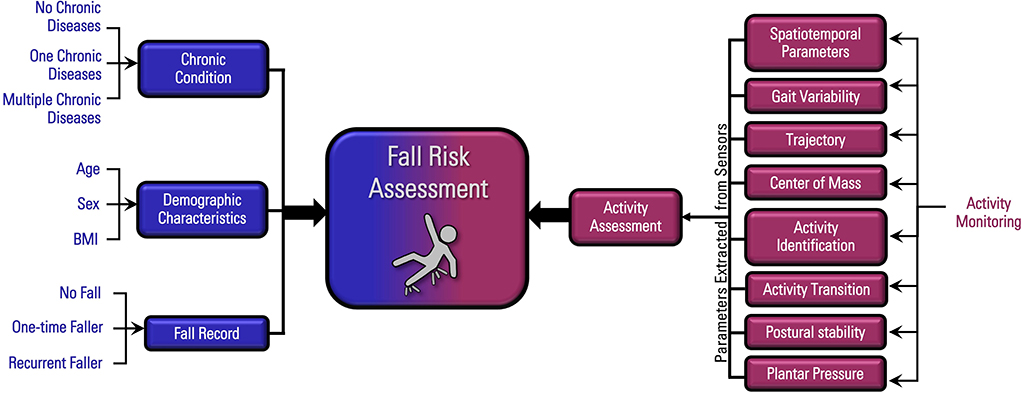Fascination About Dementia Fall Risk
Fascination About Dementia Fall Risk
Blog Article
How Dementia Fall Risk can Save You Time, Stress, and Money.
Table of ContentsThe Only Guide to Dementia Fall RiskDementia Fall Risk Fundamentals ExplainedThe Single Strategy To Use For Dementia Fall RiskThe Main Principles Of Dementia Fall Risk The 10-Second Trick For Dementia Fall Risk
Based on indicators and signs, such as proof of head injury or a new focal neurologic shortage, computed tomography or MRI of the brain may be indicated. An evaluation for root causes of syncope need to be conducted just if there is strong suspicion, as when it comes to frequent, inexplicable falls
Health care providers use an autumn threat evaluation to identify your danger variables for dropping and make helpful referrals. A fall risk analysis is crucial because knowing which variables raise your opportunities of falling assists you: Reduce your danger of falling or hurting on your own.
Optimize your capability to relocate and be energetic. Maintain a healthy, independent life. All adults 65 years and older should have a first fall danger screening. Your healthcare service provider may ask you whether you: Feel unstable when standing or strolling. Have fallen in the past year. Bother with dropping. If you answer yes to any of these questions, your doctor will recommend an additional, a lot more thorough evaluation.
3 Simple Techniques For Dementia Fall Risk

, and goals especially customized to individuals who are at danger for drops. A is specified as an occasion that results in an individual coming to rest inadvertently on the ground or flooring or various other reduced degree (WHO, 2021).
Falling is the second leading reason of death from unintentional injuries globally. It is estimated that fall death prices in the U.S
The 6-Minute Rule for Dementia Fall Risk
If this rate proceeds, the CDC prepares for seven loss fatalities every hour by 2030.
Each year, over 800,000 individuals are hospitalized as a result of falls. Nurses play a major duty in stopping succumbs to their clients through education and learning, evaluating fall danger, developing more secure settings, and offering treatments in stopping injuries from falls. A number of threat elements and problems add to drops, including the following:. Aged 65 years and older; lower arm or leg prosthesis; usage of assistive tools such as pedestrian, crane, and wheelchair; living alone.
Autumns are due to numerous elements, and a holistic approach to the individual and environment is vital. Intend an individual is taken into consideration at hop over to here high threat for falls after the screening.
Some Known Factual Statements About Dementia Fall Risk
A requires utilizing a confirmed device that scientists have taken a look at to be helpful in calling the causes of drops in a person. The degree of loss risk can be figured out using the assessment of innate and extrinsic factors.
Individuals are a lot more most likely to drop once more if they have sustained one or more falls in the previous six months. The older populace is at increased threat of fall-related readmissions based on a research study identifying the elements anticipating of repeat falls connected end results (Prabhakaran et al., 2020).
The ability of people to safeguard themselves from falls is affected by such variables as age and development. Older individuals with weak muscle mass are extra likely to fall than those who maintain muscular tissue toughness, adaptability, and endurance.
The Main Principles Of Dementia Fall Risk
Less contrast sensitivity was fairly related to both increased rates of falls and other injuries, while lowered aesthetic skill was just connected with boosted fall rate (Timber et al., 2011). Sensory understanding of ecological stimuli is critical to security. Vision and hearing disability limitation the individual's ability to view threats in see post the surroundings.
Older adults that have inadequate equilibrium or problem walking are a lot more most likely to fall., or other clinical conditions and treatments., and use of psychotropic drugs (Stanmore et al., 2013).
Report this page